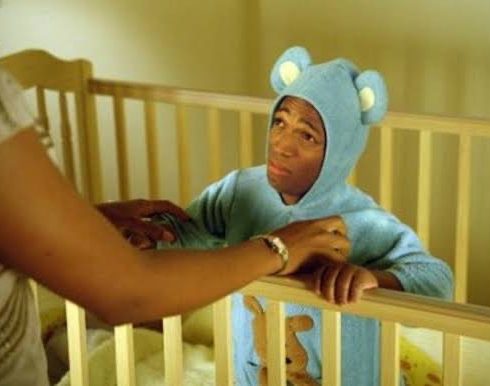The Kiss Of Death?
If we were to put together a playlist of the most terrifying things you wouldn’t want to be told in a relationship you’d have; “ we need to talk, who is…, I don’t think we can continue, It’s not you, it’s me, and topping that list would be “let’s take a break”. But why does it top that list? Surely, we all understand what a break means right? We’ve heard it constantly in our lives, so much so, that it’s a factory-installed app in our memories. Break. However, once it is mentioned in the context of a relationship it becomes synonymous with “it’s over or I’m afraid this relationship just isn’t working out.” It might not sound as much but it sure feels as much. It is branded as the kiss of death of every romantic endeavour; the calm before the storm if one may put it that way and pop culture also actively preaches the same gospel.
What then, does it mean when stripped of all its many meanings? Maybe two parties trying to reassess where they both stand in the relationship or an individual party trying to reassess their position in the relationship; what (s)he wants out of it and is it something (s)he still wants to pursue. The intricacies of why the break is on the table at all depend on who suggested it. What most instigators of the break fail to address is what happens whilst the break is ongoing. Are they allowed to see (sleep) with other people, etc, etc? You can’t leave it all in the open… open to translation. It’s like letting a kid run around with a sharp object, someone could get hurt. If you don’t define “taking a break,” that break can quickly turn into breakfast, er, a breakup. And who’s to say that taking a break resulting in a breakup is a bad thing? It’s a good thing to end a relationship that isn’t working for you.
But this can’t be something that started from thin air like light famously was and there’s research to back it up. One 2009 study of on-again, off-again relationships among college students discovered that on-again couples were more likely to report negative experiences, such as communication issues and uncertainty, and less likely to report positive feelings, such as love and understanding from a partner than other types of couples. Although research isn’t on team ‘let’s take a break’, there are healthy ways to approach it and come out better for it.
Reaching an agreement on what ‘taking a break’ really means is a good place to start. I can’t reinstate how important this is. Sit down and hatch it together like adults. Circle out what and the why and understand why taking time apart is the best-case scenario. Then discuss logistics; communication structure. Is the relationship still exclusive or is it open? Who gets what during the temporary time apart, who gets the puppy, who pays for Netflix, or should you both just get separate accounts? The whole point of the break is to work on yourselves and hopefully come back together stronger. So the duration and the agreement of what ‘break’ means is what matters. People take breaks, see other people and then come back when they feel more secure in whatever area they felt insecure about. Would that be your relationship or it’s another one that bites the dust? It’s all up to you and you.






